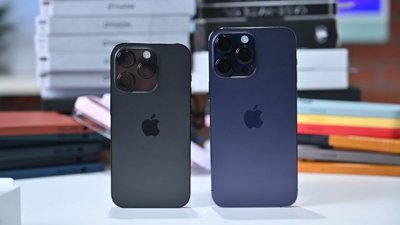Apple removes controversial WikiLeaks software from iPhone App Store [u]
The application "WikiLeaks App" advertised that it gave "instant access to the world's most documented leakage of top secret memos and other confidential government documents." It sold for $1.99, and was originally approved by Apple and made available for sale on the App Store on Dec. 17.
Though Apple has not formally given a reason for removing the application, it joins a number of major U.S. corporations that have attempted to stand in the way of WikiLeaks, including Amazon, which stopped hosting data on its "Web Services" business, and PayPal, which blocked funding to the organization.
Update: Apple provided a comment to Business Insider: "We removed WikiLeaks because it violated developer guidelines. An app must comply with all local laws. It may not put an individual or target group in harms way."
The application also charged $1.99 for content that is freely available on the Internet, though the creator of the software, Igor Barinov, wrote in a comment on TechCrunch that he was only keeping about 30 cents per sale.
"Main idea of semicharity is to collect 'white' money to support grey stuff," he wrote. "And from every 1.99$ - 1$ will go to @wikileaks, 0.6$ to fruits company (obligation), and last to cover development costs and to support other free internet projects (or in different way, defined by voting feature in Wikileaks App 2.0)."
It's also possible that the application's "donations" to WikiLeaks were considered in violation of Apple's own publicly published App Store Review Guidelines. The rules state that "Apps that include the ability to make donations to recognized charitable organizations must be free," and "the collection of donations must be done via a website in Safari or an SMS."
In September, Apple relaxed its App Store review policies and published its official guidelines for developers to see. The frankly written document had statements like "we don't need any more fart apps," and that it didn't want the App Store to turn into "amateur hour."
 Sam Oliver
Sam Oliver










 David Schloss
David Schloss
 Marko Zivkovic
Marko Zivkovic
 Malcolm Owen
Malcolm Owen

 William Gallagher
William Gallagher
 Mike Wuerthele
Mike Wuerthele
 Christine McKee
Christine McKee







